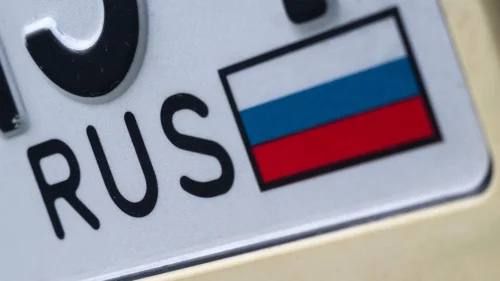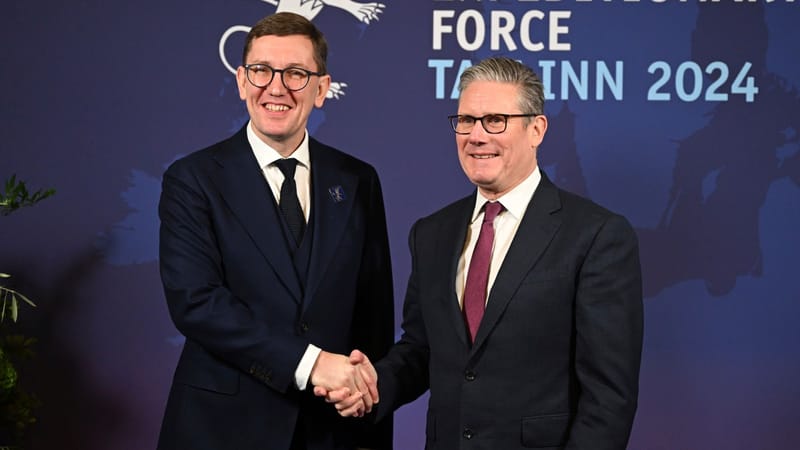Caught in Diplomatic Crossfire: Estonia's Controversial Ban on Russian License Plates
Estonia's Russian License Plate Ban: A Step Too Far? When one thinks of Europe, it's easy to envision a mosaic of nations woven together by shared values: democracy, freedom, and the right to move without undue restrictions. Estonia's recent decision to ban vehicles with

Estonia's Russian License Plate Ban: A Step Too Far?
When one thinks of Europe, it's easy to envision a mosaic of nations woven together by shared values: democracy, freedom, and the right to move without undue restrictions. Estonia's recent decision to ban vehicles with Russian license plates stands in stark contrast to these ideals.
At face value, it's an adherence to EU sanctions. Dive deeper, and it's a move that bears potential consequences for the very fabric of European unity. While sanctions are a tried and tested tool of international diplomacy, they often come at the expense of the very people they aim to protect or support. In this case, the average Russian citizen.
Consider the businessman from Russia who has invested in Estonia, the tourist keen on exploring Tallinn's historic streets, or the families that traverse borders to reunite with loved ones. They are suddenly caught in a diplomatic crossfire, facing unexpected hurdles and unwarranted suspicion. Is punishing the many for the actions of the few in line with European values?
Estonia's move, though symbolic, feels draconian. It's a stark reminder that the ordinary citizens, who have little to no say in their nation's political maneuverings, often bear the brunt of diplomatic wranglings. There's a risk that such actions could exacerbate stereotypes and deepen mistrust between communities.
More critically, what does this mean for Estonia's relationship with its eastern neighbor in the long run? Such direct actions, while signaling solidarity with the EU, might have lasting implications on Estonia's bilateral ties with Russia. The memory of perceived slights, especially when they affect a nation's citizens directly, can linger for years, if not decades. This could result in retaliatory measures, further affecting innocent citizens on both sides.
In essence, while the motives behind Estonia's decision might be rooted in aligning with broader EU objectives, its execution raises critical questions. In the grand tapestry of European unity, this move seems more like a snag than a stitch. It's vital to remember that when diplomacy makes a move, it's the everyday citizen who feels its weight.




